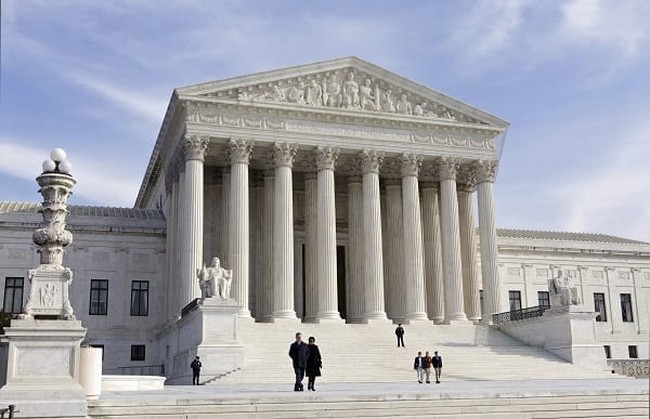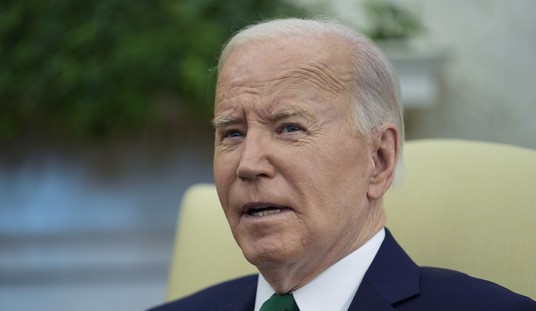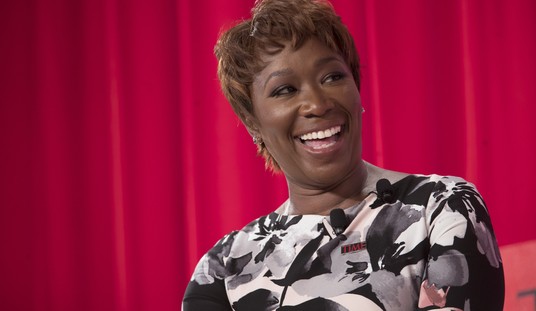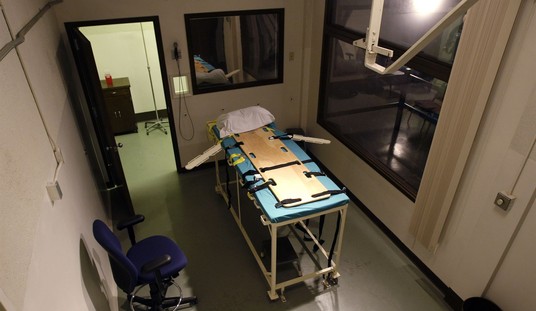
FILE – This Jan. 25, 2012, file photo, shows the U.S. Supreme Court Building in Washington. The Supreme Court enters its final week of work before a long summer hiatus with action expected on the Trump administration’s travel ban and a decision due in a separation of church and state case that arises from a Missouri church playground. (AP Photo/J. Scott Applewhite, File)
Earlier, we highlighted the cases heard by the Supreme Court on Monday of this week (as well as the many delights of October!) Three more cases were heard by the Court yesterday, all on very “hot button” issues. (READ: The Court Is in Session – Part I.)
First up was Bostock v. Clayton County, Georgia. This case examines the applicability of Title VII of the Civil Rights Act to claims of employment discrimination based on sexual orientation. The pertinent portion of the Act prohibits discrimination in the employment context “because of [an] individual’s race, color, religion, sex, or national origin.” The law was first passed in 1964 and has not, to date, been construed (by SCOTUS) to encompass sexual orientation or transgenderism. Plaintiff Gerald Bostock was a coordinator for child welfare services in Clayton County, Georgia, for a number of years. In 2013, he joined a gay recreational softball league and, according to Bostock, “from that point on, my life changed, ” he says. “Within months, I was fired for being gay. I lost my livelihood. I lost my medical insurance and at the time I was fighting prostate cancer. It was devastating.” Bostock filed suit in federal court in Georgia, alleging that his termination violated Title VII, in that his termination (ostensibly for being gay) was prohibited by the “because of sex” provision.
Bostock’s case was consolidated for oral argument with Altitude Express v. Zarda, a case filed in federal court in New York by Donald Zarda following his 2010 termination by his skydiving company employer. Zarda had informed a customer that he was gay in order to allay her concerns about being strapped together with him during the jump. The customer complained and Zarda was terminated. He asserted this was due to the customer’s homophobia (though the customer also contended that he had touched her inappropriately during the jump.) Zarda died in a base jumping accident in Switzerland in 2014 and his family continued the litigation in his name. Similar to Bostock, Zarda involves the question of whether discrimination based on sexual orientation is encompassed within the language of Title VII.
The consolidated cases were then followed by the case of Harris Funeral Homes v. EEOC. This was another employment discrimination case, only Harris involves the question of whether the provisions of Title VII also prohibit discrimination based on an individual being transgender. In that case, Aimee Stephens, a Michigan funeral director, was terminated following her declaration in 2013 that she intended to live and dress as a woman. (Prior to 2013, Stephens was known as “Anthony” and dressed and lived as a man.) Stephens made a claim for discrimination with the EEOC, which then sued the funeral home, asserting that firing Stephens for being transgender violated Title VII.
ACLU attorney David Cole presented an interesting argument on behalf of Stephens:
Cole described the case in simple terms. Stephens is being treated differently because of the sex she was assigned at birth. If she had been assigned a female sex at birth, he argued, she would not have been fired for wanting to come to work dressed as a woman. But instead she was assigned a male sex, Cole continued, and so she was fired because she failed to conform to the sex stereotypes of her employer. It can’t be the case, Cole asserted, that Ann Hopkins – the plaintiff in the Supreme Court’s original case on sex stereotyping – couldn’t be fired or denied a promotion for being insufficiently feminine, but Stephens could be fired for being insufficiently masculine.
Once again, SCOTUSblog’s Amy Howe provides an excellent analysis of Tuesday’s arguments. The transcripts of the arguments can be found here and here.
We’ll provide additional overviews as to upcoming arguments, as well as some in-depth analysis, in the coming days. However, I also want to point out that the Court granted certiorari this past Friday on several more cases of interest: June Medical Serv., et al. v. Gee, Sec., LA Dept. of Health (consolidated with) Gee, Sec., LA Dept. of Healthv. June Medical Serv., et al. – cases involving a challenge to the Louisiana law which requires admitting privileges for doctors who perform abortions; United States v. Sineneng-Smith (reviewing a 9th Circuit decision which found a federal law making it a felony to encourage or induce illegal immigration for financial gain unconstitutionally broad). Look for these cases to be heard early in 2020. Additionally, on Monday, the Court opted to move forward with oral argument in the case of New York State Rifle & Pistol Association, Inc. v. City of New York, New York, a case involving New York City’s since-repealed ban on transporting guns outside the city limits, despite the fact that the ban was subsequently changed. This one is now scheduled to be heard in December.
Follow me on Twitter @SmoosieQ
Find my RedState archive here.














Join the conversation as a VIP Member